Seagull Weekly Briefing 22/01
Cleanup for Cityclean, fees-up for second homes, Roundup for weedkilling and more.
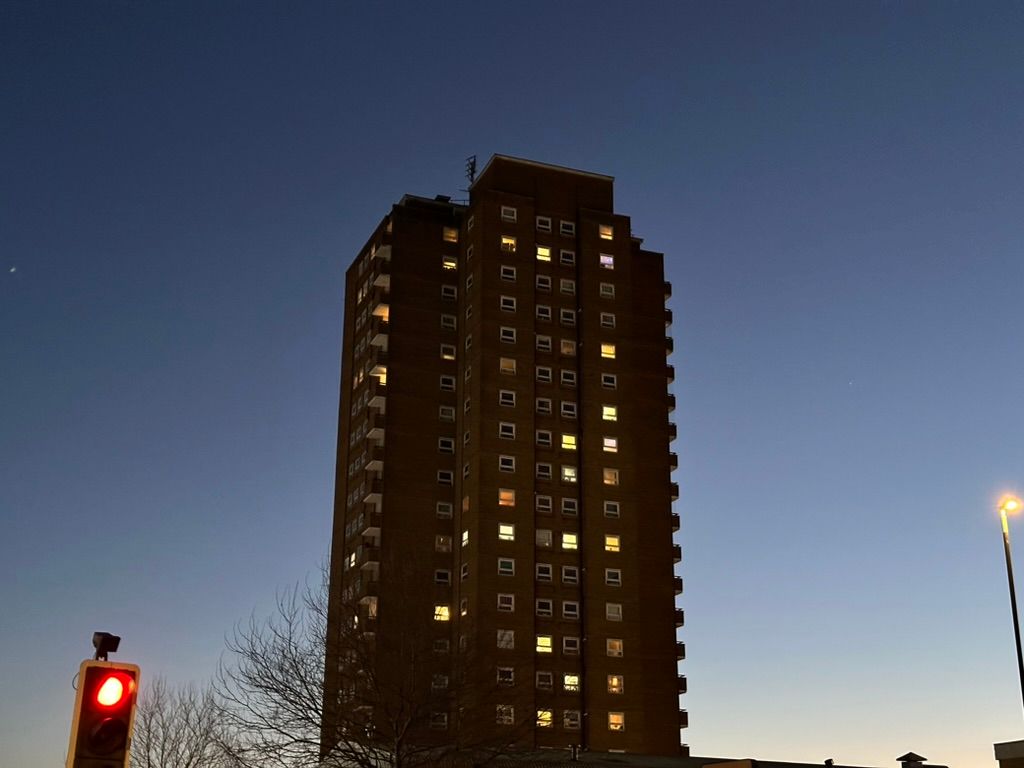
Good morning, and welcome to the Brighton Seagull's Weekly Briefing. The cold snap appears to be over, so we're off down the beach. Before that, though, the news.
News This Week
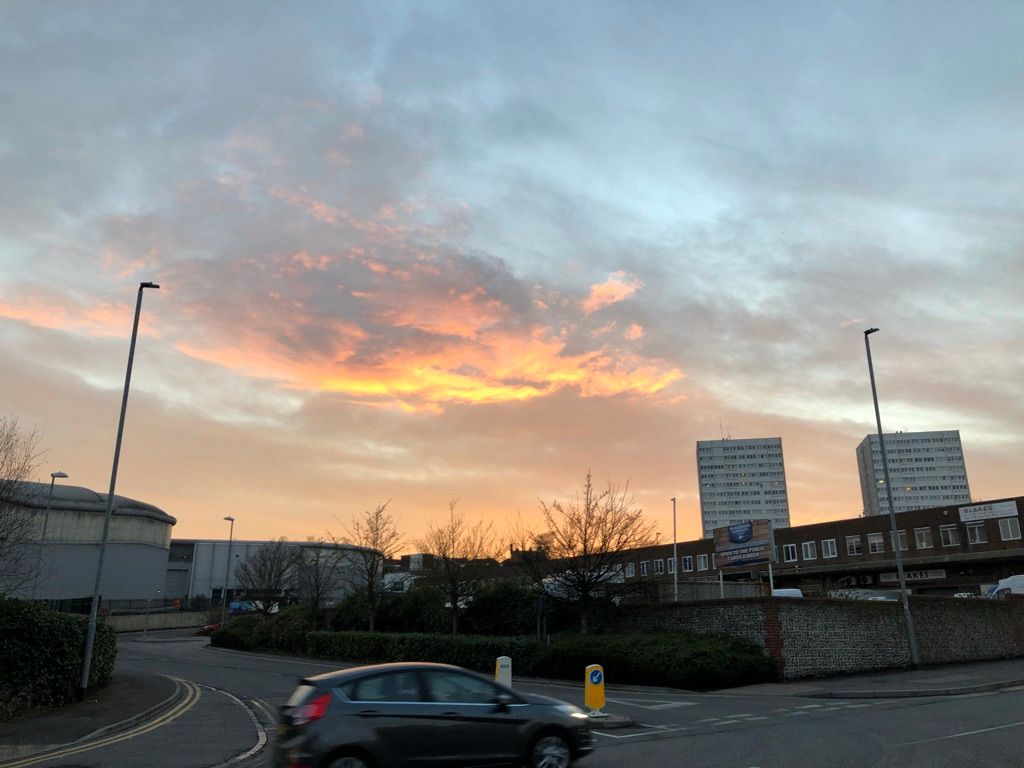
Councillors to agree actions for changes at Cityclean
Councillors are meeting this week to agree recommendations and actions for culture change at Cityclean, something we've covered extensively.
A report being presented to the Strategy, Finance and City Regeneration Committee on Thursday follows up on the recommendations of the independent inquiry into serious whistleblowing complaints about behaviours at Cityclean.
Councillors are being asked to endorse the recommendations set out in the report on the independent inquiry by King's Counsel Aileen McColgan and approve the action plan to ensure the findings of the inquiry are addressed.
Committee members are also being asked to move forward the first of these recommendations that will ensure employment decisions are made in the right places following findings which described ‘a high degree of interference from politicians in disciplinary processes’.
Council leader Bella Sankey, who called for an inquiry following the whistleblowing disclosures, said:
In the months since the report was published firm actions around behaviour, equalities and workplace culture have already been taken.
Staff and managers have told me they can already feel the weight of the change and I’ve personally seen the service transform.
There have been improvements to the quality of service too. Data shows the number of missed refuse and recycling collections reported by residents through our website has reduced dramatically compared to the summer.
Premiums on second and empty homes could increase council income by £2.9 million
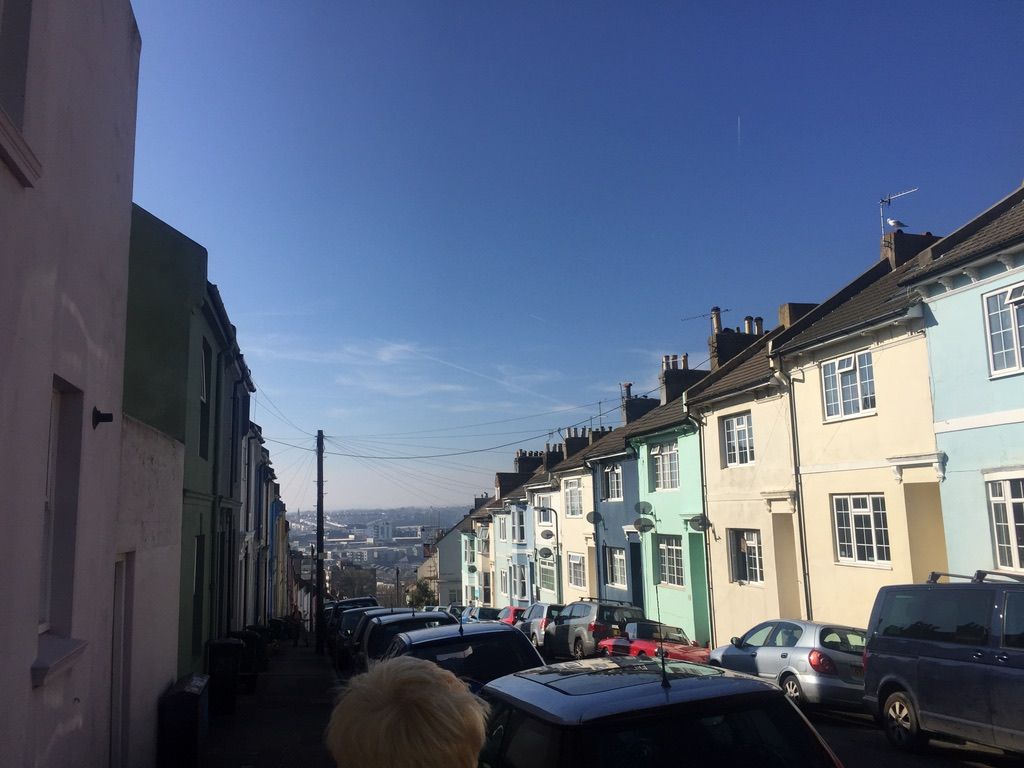
New premiums on second and long-term empty homes could come into effect if councillors agree recommendations at the Strategy, Finance and Regeneration Committee on Thursday.
A report going to the committee outlines how councils can apply a premium on second homes and long-term empty properties.
This means councils are able to raise additional revenue in recognition of the impact that second and empty homes can have on communities and housing supply. In the case of empty properties, this premium could also incentivise property owners to bring properties back into use.
Initial analysis indicates that a 100% premium on second homes could increase Council Tax income by around £2.9 million from 2025/26 onward.
The empty homes premium could bring another half a million a year, providing additional revenue for the council to enable it to continue to provide day-to-day services while meeting the growing cost and demand for essential services.
The report recommends that Full Council agrees a new 100% Council Tax premium be applied to empty furnished properties (second homes) from April 1st 2025, the earliest date it can be applied.
It also recommends the current 100% premium applicable to long-term empty and unfurnished properties will be applied after one year rather than two from April 1st 2024.
Councillor Bella Sankey, council leader and chair of the Strategy, Finance and City Regeneration Committee, said:
I’m very pleased to be bringing forward this proposal.
It will incentivise those who own empty homes in Brighton & Hove to bring them back into use, as well as helping us raise additional income to help address housing supply in the city.
In a city with immense housing challenges, incentives to bring homes back into use for local residents is something I strongly welcome.
🖋 News in Brief 🖋
- Work is starting today to improve safety in North Laine, specifically at the junctions of Trafalgar Street and Blackman Street, Trafalgar Street and Whitecross Street, and the pedestrian routes in the Trafalgar Street/Whitecross Street/Sydney Street area. The junctions have been identified as priority areas for safety improvements because of poor visibility. Blackman Street at the junction with Trafalgar Street will be closed to motor vehicles for a scheduled five weeks. During this time, any vehicles wishing to access Sydney Street when it is open will need to travel via Pelham Street or York Place/St George’s Place.
- Blatchington Mill School is currently closed following a fire on Wednesday 17th January. All members of staff and visitors were evacuated safely.
- An amended planning application has been submitted for the former Brighton Gasworks near Black Rock. It currently has two redundant gasometers with supporting gas infrastructure and is being used for storage, parking and light industrial activity. The owners have amended the application after reviewing feedback: the amended proposal is for residential units and commercial space. All documents relating to the application can be viewed on the council’s planning register, by searching for application reference number BH2021/04167. A full public re-consultation will run until Monday 18th February.
- Approximately 40 Brighton residents blocked the gates of L3Harris arms factory on Friday morning to protest again Brighton's role in Israel's war in Gaza and call for an 'immediate and permanent ceasefire to prevent more loss of life'.
- A new park is coming to the seafront in West Hove, and the council have opened up the naming process to residents. No Parky McParkface here though, we're afraid. Nine potential names have been nominated: Dean Mahomed Park, Hove Beach Park, King Alfred Park, Kings Park, Kingsway Park, Mary Clarke Park, Sassoon Park, West Beach Park, and West Hove Park. The closing date to cast your vote is midnight on 6 February. The name with the highest vote will be put forward for approval by councillors. Click here to cast your vote.
The Big One
Councillors consider "cancer-causing" chemical for creeper control
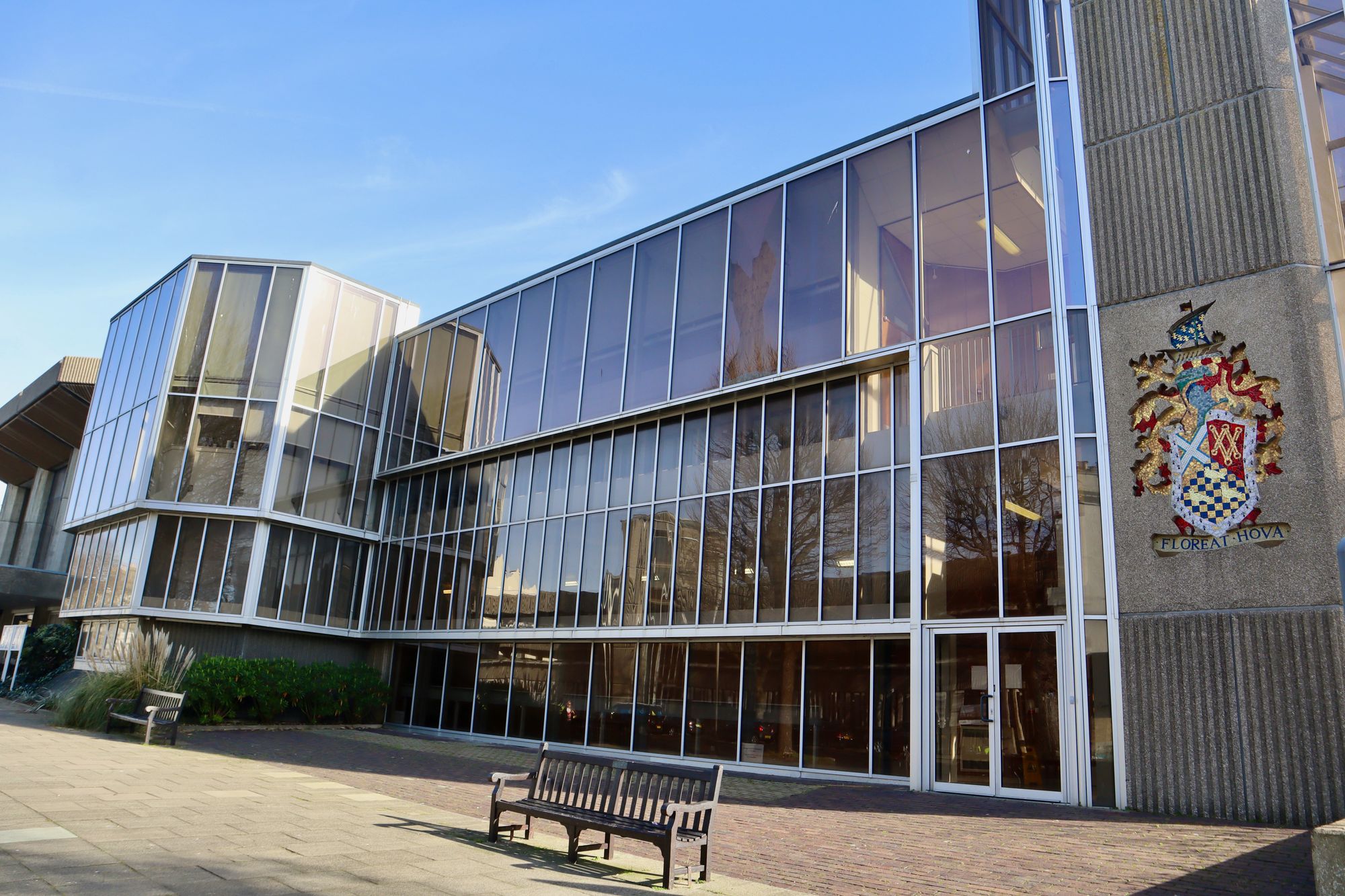
What's happening? Councillors are meeting on Tuesday to discuss weed management.
Oh good, the devil's lettuce is all I can ever smell. No, not marijuana. Weeds.
Oh. Right. What are the plans? A report to members of the City Environment, South Downs & The Sea Committee sets out three potential solutions for weed management and removal on hard surfaces. These options are:
- to continue to remove weeds manually until a cost-effective and viable non-glyphosate option is available
- to support the use of traditional glyphosate techniques
- to support the use of a controlled-droplet application of glyphosate
The report also recommends that the council continues the current policy to not use glyphosate in the city’s parks and open spaces where there are playgrounds, leisure activities and dog walkers.
What is glyphosphate? Glyphosphate is a broad spectrum weed killer: it kills any plant it touches by stopping a plant enzyme needed for plant growth from working.
Wasn't glyphosphate banned at some point? It was! Back in November 2019, the council promised to become a 'pesticide-free city' by 2022, saying:
Many experts, including Pesticide Action Network and the Soil Association, believe it causes cancer in humans while destroying the environment and wildlife.
Hang on a minute. What's up?
Didn't the Labour councillors run on a manifesto which explicitly said 'we won’t return to the use of harmful glyphosates'? That they would, instead, 'work with our communities on targeted environmental and sustainable solutions'? They did, yeah.
What has been used instead of glyphosphate? Manual removal.
Why is the council wanting to bring it back? They say that despite 'best efforts and new machinery', they haven't been able to remove most weeds 'in a timely manner'.
And we don't like weeds. Well, weeds mean the council receive complaints about the look of the city, accessibility for those with mobility issues, and increased highways maintenance because of damage caused by weeds.
Got any stats? A 2023 survey by the National Highways and Transport Network found that public satisfaction with weed killing on pavements in the city was 28%, a 3% reduction on 2022, and 11% less than the average score of 39%. For weed killing on roads, the satisfaction was 35%, which was 4% less than last year and 9% less than the average of 44%.
That's some pretty low satisfaction. Yeah, but get this: according to the report, since 2019, the council has received just 51 complaints about the state of pavements, highways and overgrown weeds, and five complaints specifically mentioning the decision not to use pesticides, and suggesting the manual approach to weed removal is not effective.
Is there an alternative? Money, basically. The council say that to manually remove all the weeds in the city once they'd need an extra £369,000, something they'd need to do three times a year.
What has the council said about using glyphosphate? That glyphosphate 'could be more effective at tackling weeds, and particularly their root systems, than the current approach'.
What is the controlled-droplet application? It's a newer technique of using the weed killer, which sees it mixed with an oil that helps it stick to weeds. It's more targeted, limits the drift of a traditional ‘mist’ and uses less glyphosate, reducing the risk that it harms plants or wildlife that it’s not intended to come into contact with.
What do opposers think? Josie Cohen, a resident who works for Brighton-based charity Pesticide Action Network UK, said:
It is incredibly disappointing to see Brighton & Hove Council take this huge step backwards. Evidence shows that glyphosate has the potential to contribute to a range of serious illnesses including cancer, diabetes and kidney disease.
Every month, more UK councils are going pesticide-free and, globally, we are moving towards an end to pesticide use in urban areas. Our council is on the on the wrong side of history on this one.
And what do the council think? Councillor Tim Rowkins, Chair of the City Environment, South Downs and The Sea committee said:
We made a commitment to get on top of the weeds problem and have been thoroughly evaluating our options.
We have a duty to ensure our streets, pavements and environment are safe and accessible for residents and to limit the damage weeds are causing to our highway infrastructure.
Relying on manual removal hasn’t been effective and requires a lot of time and money. Even if we were able to resource it to the extent required, it would still only remove growth above the surface. Roots would continue to grow, and the problem would continue to get worse year on year.
It’s important that the committee carefully considers and understands the implications of each option before making a decision.
What can I do if I disagree with the return of glyphosphate? Resident Steve Geliot has organised a protest outside Hove Town Hall at 3pm on Tuesday 23rd January. You can also email your local councillor—you can find out how to contact your ward councillors here.

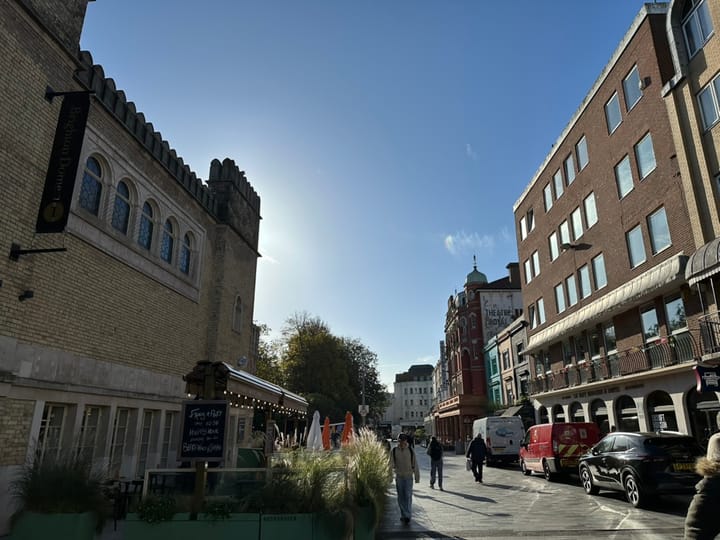
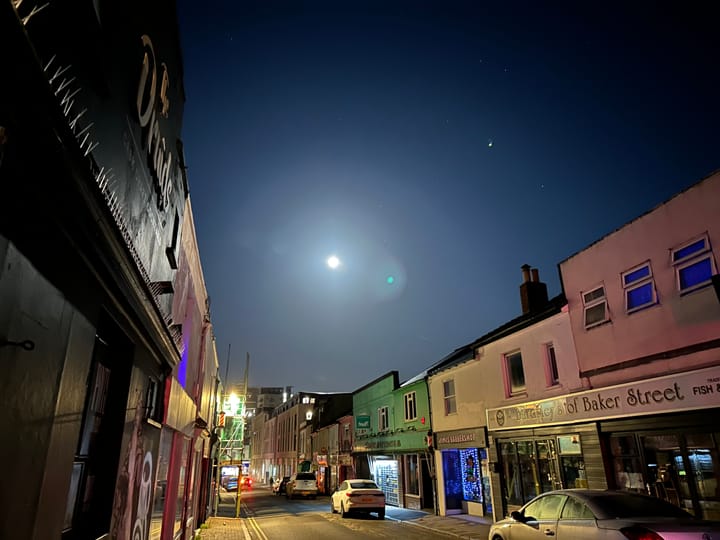
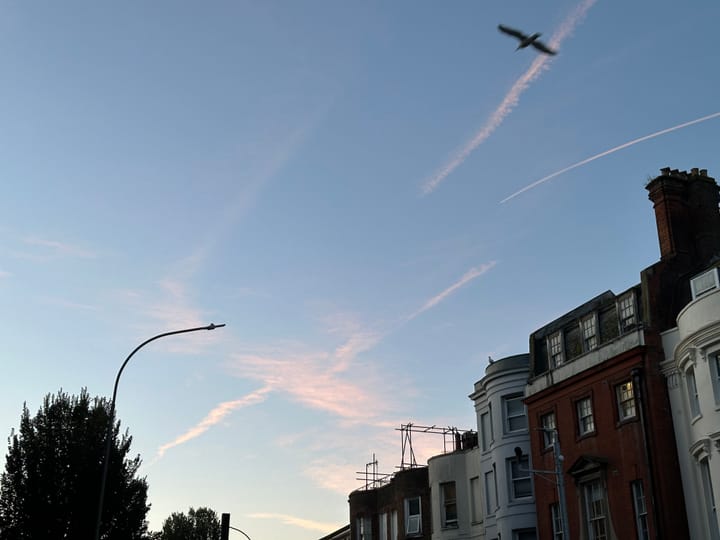
Comments ()